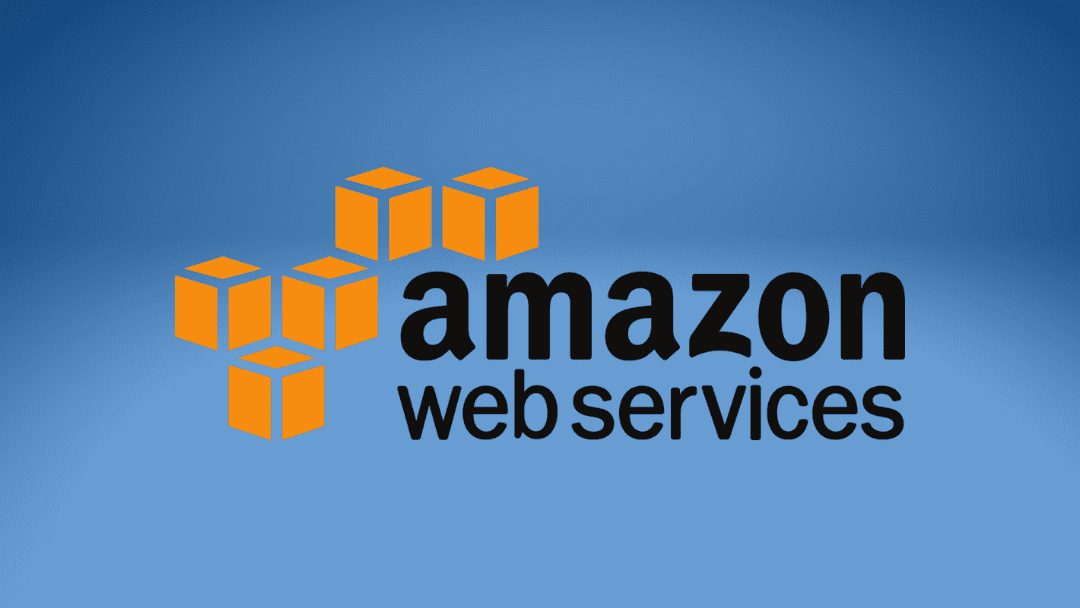Is It Worth It? Hosting Website on AWS Cost vs Other Platforms-When it comes to hosting a website, there are numerous options to consider. From traditional hosting providers to cloud services like AWS, choosing the right platform can be a challenging decision for businesses and developers alike. Hosting a website on AWS has gained immense popularity due to its scalability, flexibility, and powerful features, but with its benefits come certain costs that may not be immediately obvious. How does the cost of hosting a website on AWS compare to other popular platforms? In this article, we’ll break down the factors involved, so you can make an informed decision about whether AWS is the best choice for your website in 2025.
1. Understanding Hosting Website on AWS Costs

AWS is a leader in the cloud hosting space, providing a wide range of services designed for flexibility and scalability. However, with that flexibility comes complexity in pricing. The cost of hosting a website on AWS depends on the specific services you use, the level of resources your website needs, and how much traffic you expect.
AWS charges primarily based on three factors:
- Compute Costs (EC2 Instances): The most significant cost for hosting a website on AWS is the EC2 (Elastic Compute Cloud) instances, which power the server side of your website. Prices vary based on the instance type, size, and usage. For example, smaller instances can cost as little as $3–$5 per month, while larger instances for high-traffic websites can run into the hundreds or even thousands of dollars.
- Storage (S3 and EBS): AWS also charges for data storage, which is priced based on the amount of space you use (e.g., Amazon S3 for static files or Elastic Block Storage for databases). A typical storage cost could range from $1 to $25 per month depending on your needs.
- Data Transfer: Data transfer costs (e.g., bandwidth) are another important consideration. If your website has a lot of visitors, your costs could increase significantly. Using Amazon CloudFront, AWS’s CDN, can reduce these costs, but data transfer fees still apply.
In general, the cost of hosting a website on AWS is highly variable, and it’s easy to incur hidden costs if you don’t monitor usage closely.
2. Hosting Website on AWS vs Shared Hosting Platforms
Shared hosting is one of the most popular, budget-friendly options for smaller websites. With shared hosting, your website shares server resources with others, making it more affordable but also less flexible. Let’s compare the costs of hosting a website on AWS with shared hosting providers like Bluehost or HostGator:
- Cost: Shared hosting plans typically range from $2–$10 per month. In contrast, hosting a website on AWS starts at about $3–$5 for the smallest EC2 instance but can grow much higher depending on traffic and usage. While shared hosting is generally cheaper upfront, AWS provides more control and scalability.
- Resources: Shared hosting resources are limited, which means your website might experience slower speeds or downtime if it receives a surge of traffic. Hosting a website on AWS provides scalable resources, meaning you can adjust computing power and storage as needed.
- Flexibility and Customization: Shared hosting services are often easy to set up and manage, but they come with limitations when it comes to customization. AWS, on the other hand, offers complete control over your hosting environment, which is ideal for developers and businesses with specific technical requirements.
- Performance: For smaller websites with low traffic, shared hosting can suffice. However, if you anticipate traffic growth or need a more powerful infrastructure, hosting a website on AWS can provide better performance and reliability, thanks to the cloud-based architecture and scalability of the platform.
For small websites with minimal technical needs, shared hosting might still be the better choice, but for growing or complex websites, AWS could offer more long-term value. (Read More: Web Hosting Using AWS: What Is It, and How Does It Work?)
3. Hosting Website on AWS vs VPS Hosting

Virtual Private Servers (VPS) hosting sits between shared hosting and dedicated hosting, offering more control and resources for websites that have outgrown shared hosting but don’t need a dedicated server. Providers like DigitalOcean and Linode are popular VPS options.
- Cost: VPS hosting typically ranges from $20–$80 per month depending on the resources and traffic needs. Compared to hosting a website on AWS, VPS hosting tends to have a fixed monthly rate. In contrast, AWS follows a pay-as-you-go model, where costs scale with your resource consumption. This can be beneficial if you only need resources occasionally, but for consistent usage, VPS may offer a more predictable cost structure.
- Resources and Customization: VPS hosting gives you full access to your virtual server, allowing you to install software, configure settings, and make changes as needed. However, hosting a website on AWS gives you even more flexibility, as AWS offers a wide range of services and the ability to scale resources up or down easily.
- Management: VPS hosting generally requires more technical expertise compared to shared hosting but is more manageable than AWS, which can be complex to configure and maintain, especially for beginners. VPS hosting often includes a control panel like cPanel, making it easier to manage the server.
If you’re managing a growing website with more traffic and need dedicated resources but don’t want to manage the complexity of AWS, VPS hosting might be the sweet spot. However, for those who want complete control and the ability to scale rapidly, hosting a website on AWS is worth considering. (Read More: Key Considerations When Web Hosting Using AWS)
4. Hosting Website on AWS vs Dedicated Servers
Dedicated hosting is a premium service where you lease an entire physical server for your website. While this option provides excellent performance and control, it comes at a higher cost than shared or VPS hosting.
- Cost: Dedicated hosting plans can range from $100–$500+ per month, depending on the hardware and configuration. Hosting a website on AWS, on the other hand, allows you to pay only for the resources you use, with flexible pricing options that can be much lower or higher than dedicated hosting, depending on the scale of your website.
- Performance: Dedicated hosting offers excellent performance for high-traffic websites, as the server resources are entirely dedicated to your website. However, hosting a website on AWS offers better scalability and redundancy, with the ability to adjust resources on-demand as your website grows.
- Flexibility and Control: Both dedicated hosting and AWS offer complete control over your server environment. However, hosting a website on AWS takes the flexibility to another level by allowing you to integrate other AWS services, such as AWS Lambda, RDS, and S3, into your website’s infrastructure.
For large, high-performance websites, dedicated servers provide raw power, but hosting a website on AWS offers scalability and a wide array of cloud services that make it easier to adapt to changing needs and optimize costs. (Read More: Step-by-Step Guide: Web Hosting Using AWS with EC2 Instances)
5. Is Hosting Website on AWS Worth It?

Ultimately, the decision to choose hosting a website on AWS depends on your website’s needs, traffic, and budget. For small websites or those on a tight budget, AWS can be overkill, as other hosting solutions like shared hosting or VPS may be more cost-effective. However, for websites that require flexibility, scalability, and the ability to grow quickly, AWS can be a powerful and long-term solution.
When comparing hosting a website on AWS with other platforms, it’s important to consider factors like:
- The level of technical expertise required
- The scale and complexity of your website
- Your budget and expected growth
If you’re ready to invest time in learning the ins and outs of AWS and need scalable solutions, hosting a website on AWS may provide the best value. For more straightforward hosting needs, other platforms might offer a more cost-effective and easier-to-manage alternative.






More Stories
The Future of Hosting: Web Server Amazon AWS Trends to Watch in 2025
How to Set Up a Scalable Web Server Amazon AWS in 2025
Top 5 Frameworks to Create a Web Server with Python in 2025